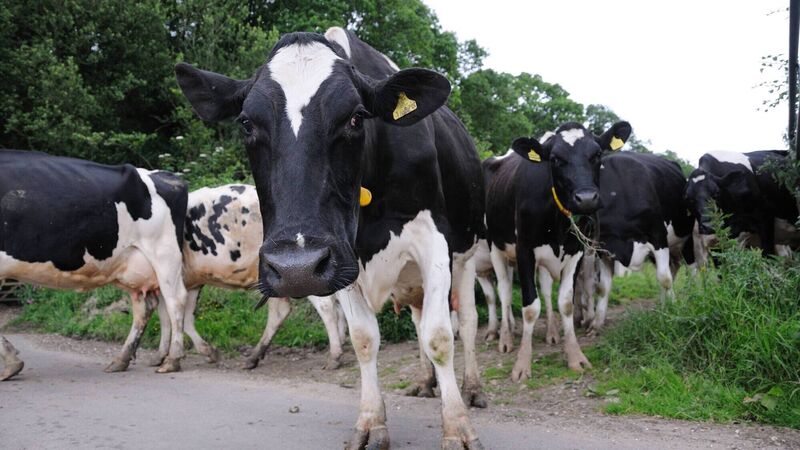Seaweed supplements could significantly reduce livestock methane emissions

A new study had revealed that Irish seaweed in farm animals' food can reduce methane emissions.
A new study will look at whether Irish seaweed can help to reduce methane emissions from farm animals.
While the health benefits of humans consuming seaweed are well known, it is only recently that research has looked at what it can do for animals.










